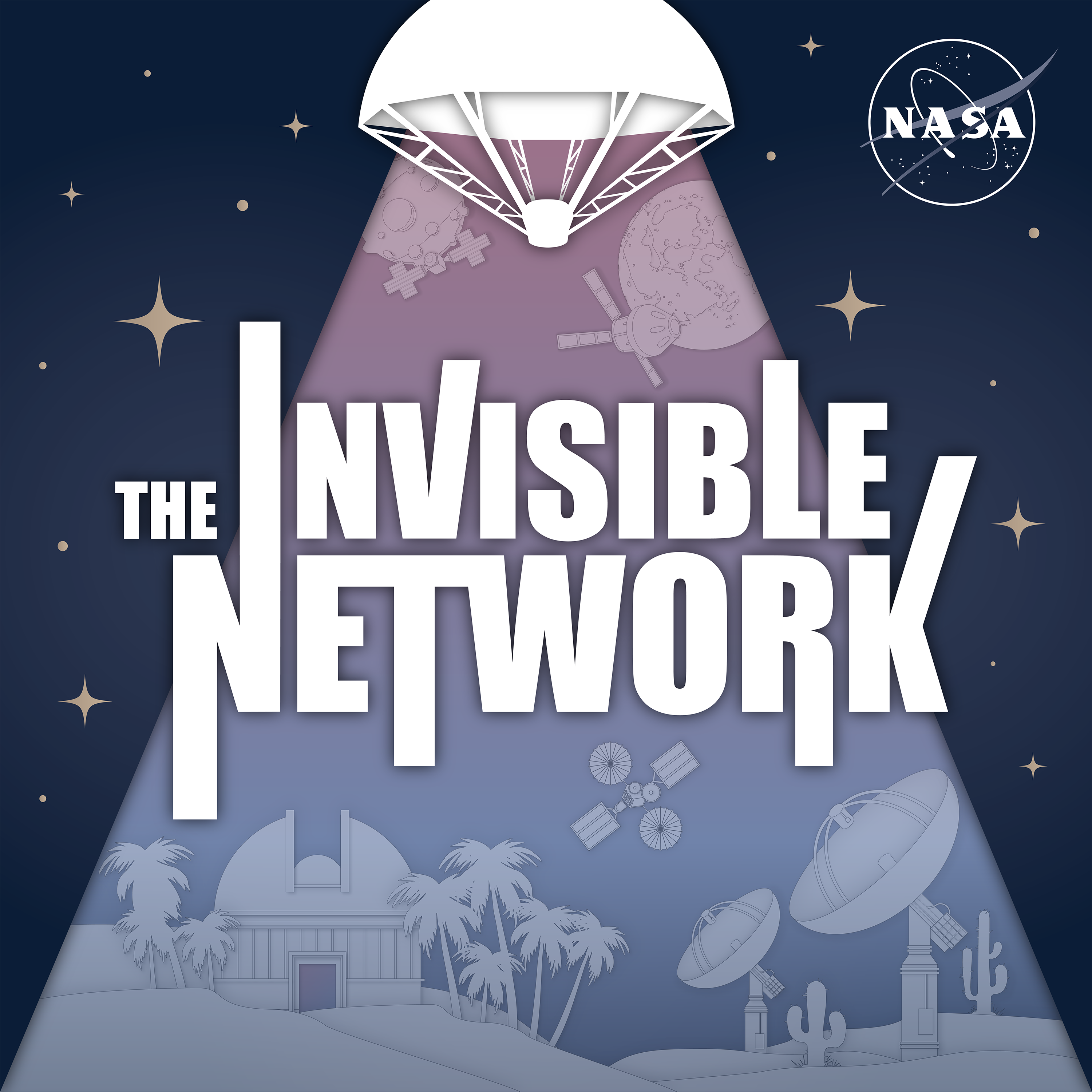The technologies that allow NASA to talk to and navigate spacecraft are often overlooked — perhaps because they work so well. Join us as we shine a light on the invisible networks that power space science and exploration.

The technologies that allow NASA to talk to and navigate spacecraft are often overlooked — perhaps because they work so well. Join us as we shine a light on the invisible networks that power space science and exploration.
At its core the NASA History Office ensures that, as we look forward to the Moon, Mars and beyond, we remember the lessons we’ve learned from our predecessors. The race to the Moon in the 1960s occurred against a very different backdrop than today's Artemis program — but both exhibit what humanity can achieve when we set ourselves to lofty aims.
There is perhaps no one better than Jim Garvin to outline the unique opportunities for research that the Artemis missions to the Moon could provide scientists on Earth. Jim is chief scientist at NASA’s Goddard Space Flight Center in Greenbelt, Maryland, and a tireless champion for crewed exploration of the Moon.
Science fiction and science fact have long enjoyed a symbiotic relationship, with ideas in one prompting innovations in the other, and so on. Dan Curry, a filmmaker, artist and visual effects producer best known for his Star Trek work, shares his perspectives.
Faster-than-light communications might not be a possibility now — our current understanding of natural laws don’t allow for it. But who knows what innovations await us just beyond the horizon?